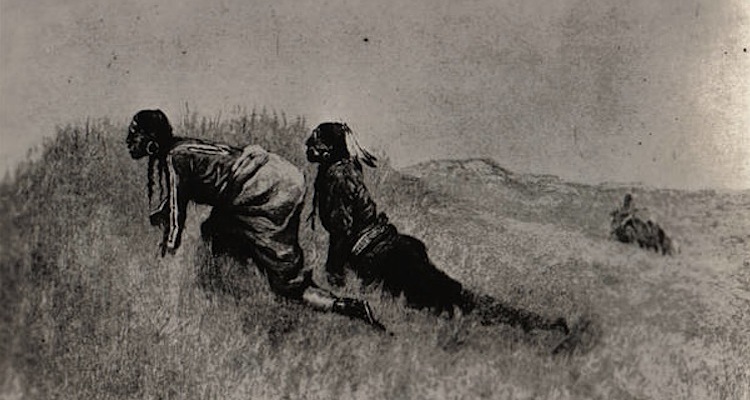Confronting the ‘Other’
Just as earthquakes tend to occur along geologic fault lines, conflicts often erupt along cultural divides. While war can stem from myriad causes—greed, ambition, arrogance, ignorance and willful stupidity among them—the collision of disparate cultures along borders both natural and manmade has been the source of armed conflict among humans at least as long as we have recorded our history, and likely far longer.
From the time men and women first started exploring the larger world beyond their home valleys in search of food or living space or out of simple curiosity, they have encountered unfamiliar peoples. At times these “others” were so extraordinarily foreign—in physical appearance, language, religion, customs—they seemed almost to be of an alien race. Many ancient civilizations recorded the existence of giants, or elves, or demons or even of deities made flesh in an attempt to explain the bizarre and unfathomable actions of new peoples with whom they came into contact.
The passage of time, the increasing frequency of contact among different tribal groups and a general broadening of knowledge gradually allowed most peoples to accept that members of other cultures were indeed human. Sadly, that acceptance has done little to lessen the distrust, suspicion, fear and loathing that often accompany the first contact between two cultures. When, for example, an ancient and long-settled people find technologically advanced strangers from over the mountains or across the seas forcibly appropriating their ancestral lands and abundant resources, it is perhaps understandable that violence ultimately erupts—warfare is, after all, sometimes the only way in which an underdog culture can protect itself against the depredations of a more powerful one.
Even cultures that have long coexisted and are comparably strong can misunderstand and distrust one another to such an extent they fight repeated wars or feel compelled to put up walls and stockpile weapons whose use would ultimately destroy those things any civilization holds dear.
And yet there are also times when the similarities between two cultures bridge the divide that separates them. At such a time ongoing conflicts cease—albeit for only a brief time—and human beings see themselves reflected in the eyes of the Other.





